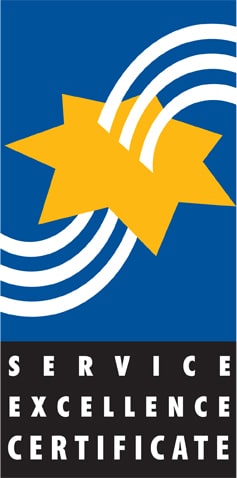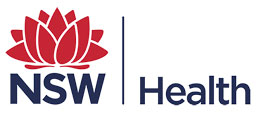How do families and young people use knowledge to manage their health?
This is part one of two blogs on knowledge and patients. We now live in a “collaborative and social era”. Part one, hones in on some positives and drawbacks of online health information today. The way we gather knowledge effects communication with health professionals. Could there be new opportunities for families and health professionals to collaborate? Part two is about finding reliable health information online, people are more aware quality and accuracy count.
Online health information and “e-health communication”
are on trend but do they help?
Health information, how do we get it?
Millennium generation children are amongst the first to turn to digital and social media to get information. This could be a “positive”, when healthcare goes online for young people, with services such as Headspace. Young people also need to be connected in healthcare settings. Digital access helps meet social, emotional and educational needs.
For preschool children an App with a game may be both educational and fun. Okee medical imaging, is engaging, builds skills and prepares for a medical encounter, taking away the fear factor.
Most Australians go to their GP, to find health information. Even if we rank health professionals advice highly, families and individuals are increasingly turning to the Internet, Dr Google and digital resources. Here’s the drawback, could all this information at our fingertips, leave us more confused and lost in the “information noise”? Are people exposed to unsolicited health information and does this affect what happens between health professional and patient?
Not “just a patient”
Karen Price in her GP blog on health literacy and patients, says GPs have a complex job and a big part of what they do is teach patients. The word doctor is derived from the Latin “to teach”. Price points out, doctors and patients work together in an “increasingly educative partnership”.
GPs are aware they need to respond by providing patient held health information. This includes online information and help on ‘surfing’ the web.
Consumers of health care
Effective communication between consumers and health professionals is critical to better health in Australia. Consumer experience, understanding and knowledge are particularly relevant in an era of complex healthcare, chronic illness and rare disease.
The Knowledgeable patient: Communication and participation in health edited by Sophie Hill (Cochrane review) 2011, spotlights communication between health professionals and consumers. It encompasses people with complex health needs and the rare disease community.
A knowledgeable patient is someone who asks questions about medical information, provides insight into experiences and uses technology to find health information. As contributors, they add quality to healthcare benefitting everyone.
Learning to communicate, chapter 11, introduces steps health professionals, consumers and consumer groups can take to improve communication skills and “interaction”. Involvement and communication skills of patients and health professionals is crucial to improved health systems and outcomes.
Children as consumers
Children are frequent consumer health service users. Little was written on “enhancing the health-related communication skills of the child as a patient, the parents or siblings, or the health professionals involved” [p. 137].
Online social support and wellbeing
Online support can be both informative and empowering. A recent article found families within the rare disease community value e-health communication for social and emotional support.
What is supportive comes from evidence, research, from practice, personal stories and community, including peer support. Genetic Alliance Australia is an umbrella group for rare genetic conditions/disease. Conditions may be so rare there is no support group.
AWCH Facebook is a “heads-up” on Australian child wellbeing and healthcare initiatives with a focus on social and emotional issues of children and young people in healthcare. Find Australian health promotion events, child or family health surveys, research, reports and education. AWCH shares like-minded parent and professional posts, with emphasis on NSW and national. Visual content is also shared through pinterest.
Tracking and managing health
Families face pressures keeping up with health programs, appointments and health insurance.
Health organisations recognise people are using innovations to manage and cope with health and illness.

A knowledgeable patient is also someone who uses technology to track and manage personalised health data. People may wear connected devices and this information can be shared with health professionals. Consumers now receive screening information and test kits in the mail. Busy parents/carers turn to Apps to manage family health appointments, Save the date to vaccinate. Healthcare is delivered to the door, on the streets, community hub, over the phone or via the internet.
Access for all?
A recent report, Looking the other way: young people and self-harm, by Orygen, found adolescents and young people who self-harm received poor community response. Young people didn’t feel supported in the Emergency department and felt GPs didn’t know how to treat them.
Report findings concluded a need for youth and family resources and National standards for health professionals treating those who self-harm. Youth with lived experience of self-harm should be involved in developing resources including Apps, web-based online and peer support.
Access to reliable health information is a public health dilemma. Young people ask for their opinions to be valued in a collaborative approach.
Links
Many of us use search engines for health information and are disappointed with the results. Part 2 of this blog links to organisations helping consumers hunt for reliable information.
AWCH Librarian
http://library.awch.org.au
March 2016





